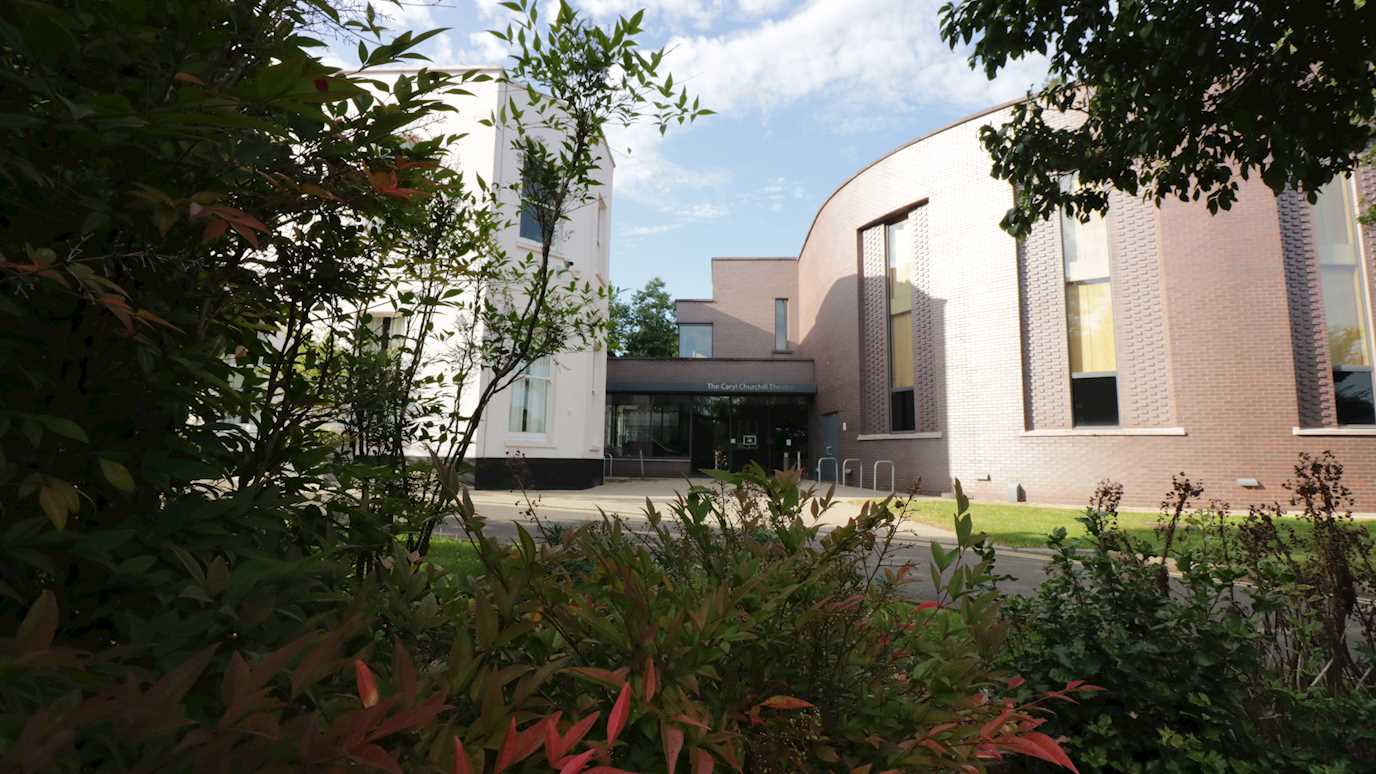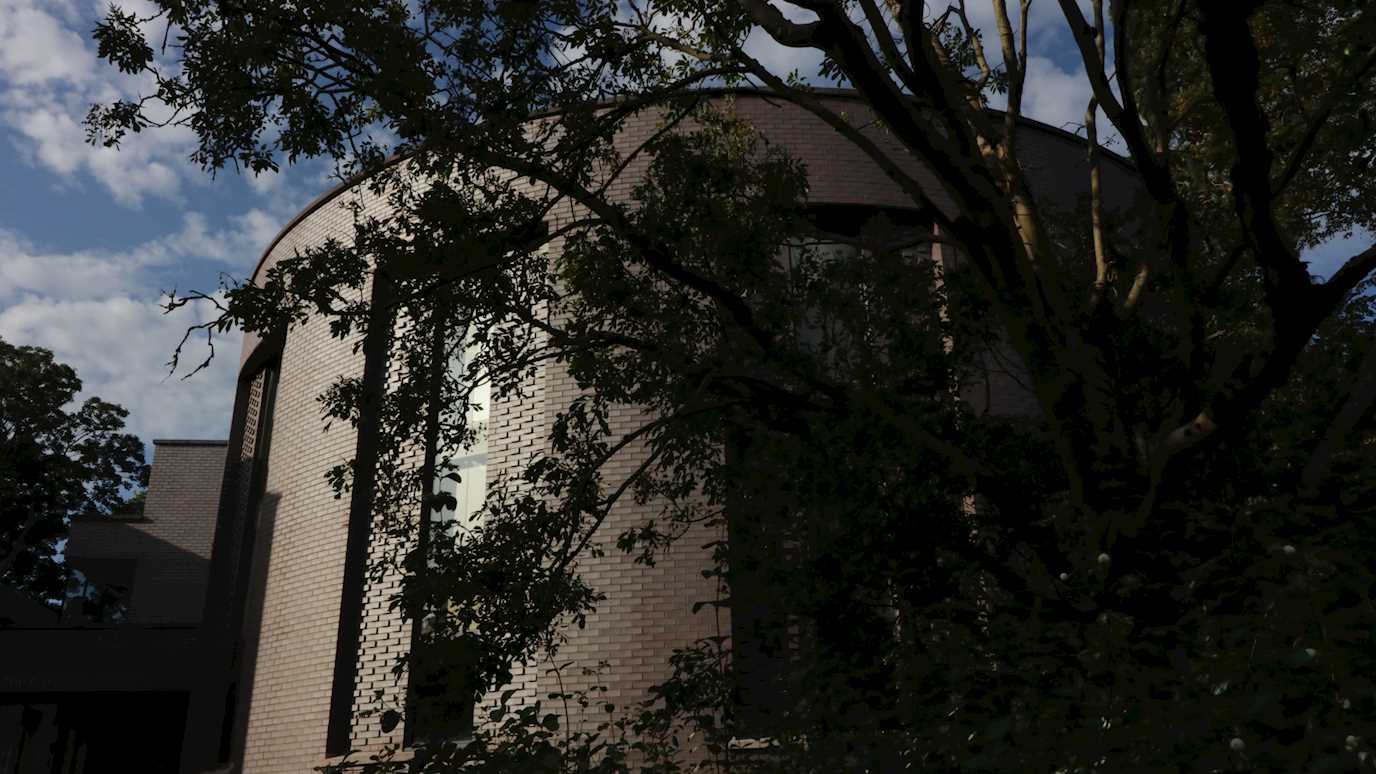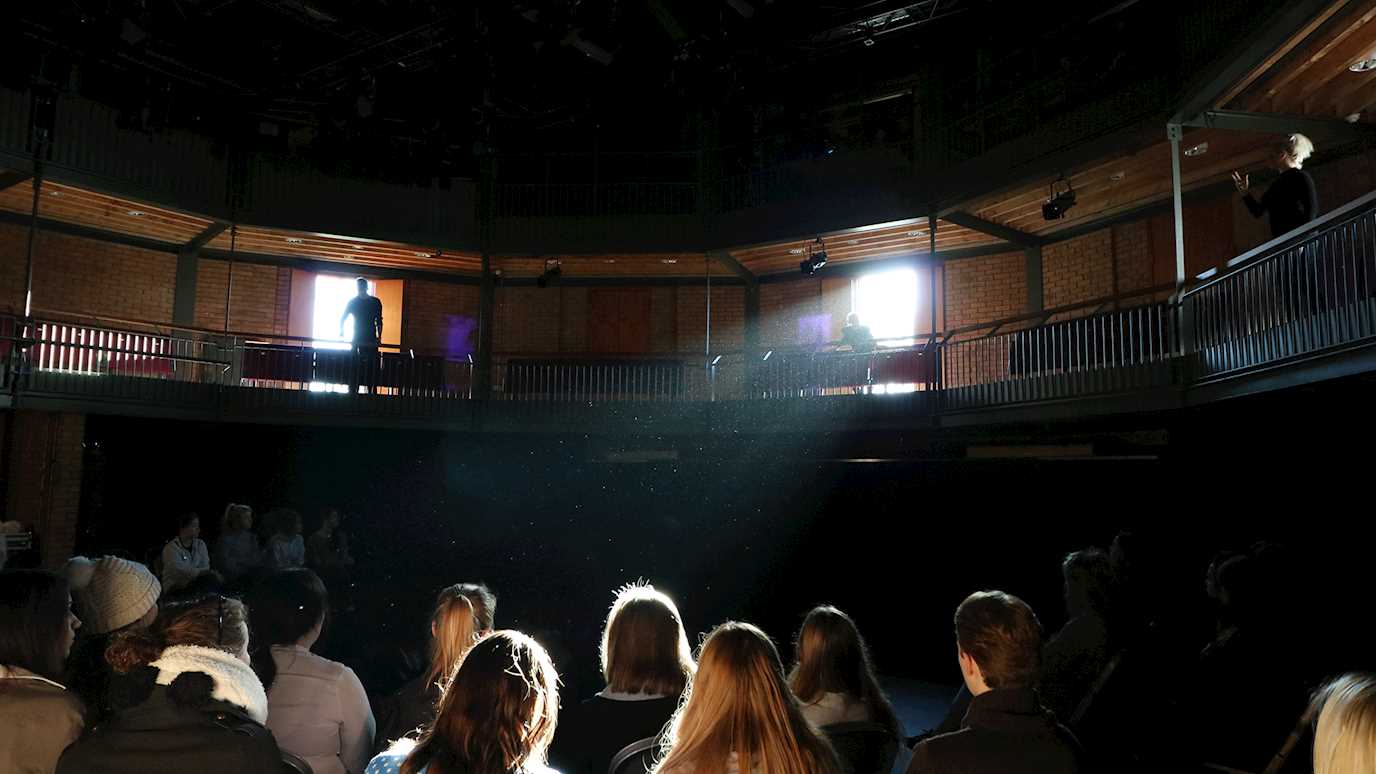Find out more about the department's Environmental Sustainability Committee and our Manifesto.
The Environmental Sustainability Committee
Committee members are: Liz Schafer, Nicola Hewitt-George, María Estrada Fuentes, Helen Gilbert, Libby Worth and Greer Crawley.
We welcome suggestions on how to improve the department’s Environmental Sustainability. Please email E.Schafer@rhul.ac.uk
The Environmental Sustainability Manifesto
As a department, we are committed to supporting the Paris Agreement (2015) to limit the average increase in global temperature to 1.5C. We are also committed to the UK Climate Change Act, which aims by 2050 to reduce the net UK carbon account by at least 80% from 1990 levels.
As global measures to protect the earth’s ecosystems become entangled with economic recovery initiatives in the wake of the Covid-19 pandemic, we urge individual and collective action to foster sustainable, healthy and socially just practices and systems. Such efforts may seem small in comparison to the environmental challenges facing humanity, but the science is clear that there are significant gains to be made by embracing sustainability in the places where we work and study. Everyday acts by both staff and students can play a vital part in the department’s endeavours to ensure sustainable use of resources and minimise waste, thereby reducing negative environmental impacts.
Approach
The department aims to:
- Incorporate environmental considerations into strategic and day to day business decisions.
- Encourage staff and student awareness of environmental considerations through Carbon Literacy Training.
- Incentivise working in an environmentally responsible manner.
- Encourage engagement with sustainability considerations.
- Inspire and celebrate good environmental practice.
We are also committed to lobbying for improvements to the sustainability rating of the Grade 2 Listed Regency Villa, Katharine Worth Building, in which the Drama department is partly housed.
Practical Actions
Staff and students are encouraged to consider the areas of water use, paper use, electricity use, waste produced, transport and commuting. For performance and rehearsal practices, see our Sustainable Approaches for Theatre and Performance Making webpage.
Water Use
Use drinking water taps instead of bottled water and try to use Keep Cups and reusable bottles.
Paper Use
Minimise the use of paper. Buy recycled and recyclable paper products wherever possible. Reuse and recycle paper where feasible.
Electricity Use
- Reduce the amount of energy used as much as possible.
- Switch off lights and electrical equipment when not in use.
- Adjust heating with energy consumption in mind.
- Check the energy consumption and efficiency of new products when purchasing them.
Waste
- Commit to reducing, reusing and recycling as far as is practically possible.
- Recycle paper, cans, plastics in the appropriate bins in/around the Katharine Worth Building.
- Lobby for facilities for recycling food waste glass and glass.
- Move towards a significant reduction in single-use items.
Transport and Commuting
- Choose public transport and/or active travel (e.g. walking/cycling) wherever feasible.
- If you regularly drive to work/study, consider ride-sharing.
- When appropriate, use video conferencing rather than travel and face-to-face meetings.
- Commit to minimising flights in Great Britain and continental Europe. Use trains where possible, and if flying is unavoidable, use the most direct flights, with the fewest touchdowns, on the newest available (that is, with lowest emissions) planes.
- Carbon offsetting is no compensation for the damage done to the planet by frequent flying, but it does encourage awareness that such travel carries an appalling cost for the planet. We therefore suggest using accredited carbon offsetting schemes to contribute to sustainability initiatives. We also encourage individuals to keep a tally of flights and to monitor their carbon footprints using the WWF calculator: https://footprint.wwf.org.uk/#/
Procurement
- Ensure products are sourced from sustainable environments.
- Avoid obtaining goods and services as cheaply and quickly as possible as these are less likely to be sustainably – or ethically – sourced.
- Use recycled, refurbished, upcycled or vintage materials where possible to reduce waste, especially to landfill.
Catering
- Where possible, catering should be Fairtrade, ethical and sustainable. This means minimising animal products, especially from burping ruminants, and also avoiding items with a high carbon footprint (e.g. perishables imported from distant locations).
- Avoid single use cups, plates, glasses, cutlery etc.
Lobbying
Lobby for glass and food recycling facilities, electric vehicle charging ports and other facilities needed for sustainable practices.
Notes
Environmental sustainability is a standing item on the Drama Forum Agenda. To encourage new ideas we offer an annual prize for students proposing the best improvement in departmental practices in terms of environmental sustainability.
Staff and students are encouraged to carbon audit their performance work. What is measured is more likely to be managed.























